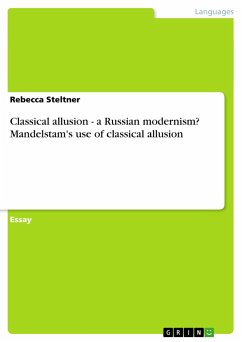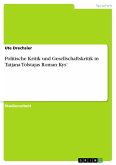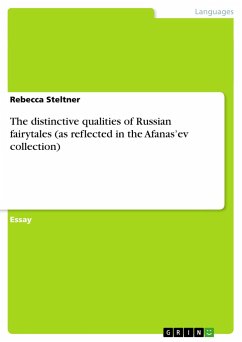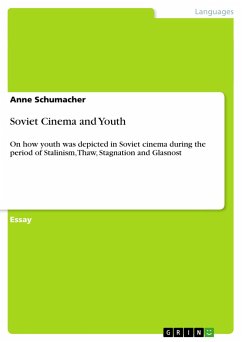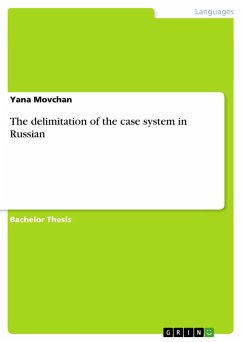Essay from the year 2002 in the subject Russian / Slavic Languages, grade: A, University of Canterbury (School of European Culture and Languages), course: Seminar, language: English, abstract: Before we look at individual poems and the many allusions to Greek Mythology, it is necessary - as always it seems - to make a few remarks on translation. Afterwards, it might be helpful to ask ourselves a few general questions as to why and to what effect authors have used or are still using myth in their writing; so that we can then try to establish which of these approaches is closest to Mandelstam's use of Greek Mythology.Fortunately, Mandelstam has commented widely on general questions of poetics, in his essays, which often take the form of reviews of other authors and their shortcomings. By then applying these criteria to Mandelstam's own work and thus knowing his poetic aspirations, his poetry should appear less enigmatic. Especially, as Greek Myth lies at the centre of Mandelstam's poetic thought, an analysis of these statements is a valid and useful approach in order to gain access to his demanding poetry.Using a variety of examples of Mandelstam's use of Greek Myth, I will quote from various poems from his two earlier collections Kamen (The Stone) and Tristia and then finally take a closer look at his poem Silentium. Unfortunately, I will not be able to individually interpret all the poems which I have searched for Greek allusions, nor can I print them here in full. Yet, I will attempt to give a full picture of the context that these quotes come from.

